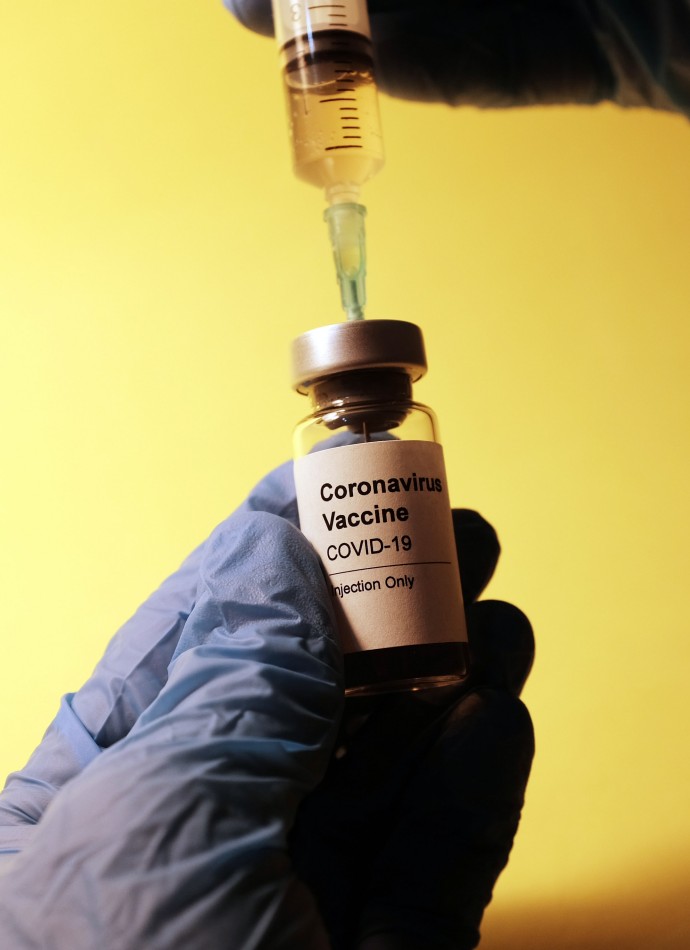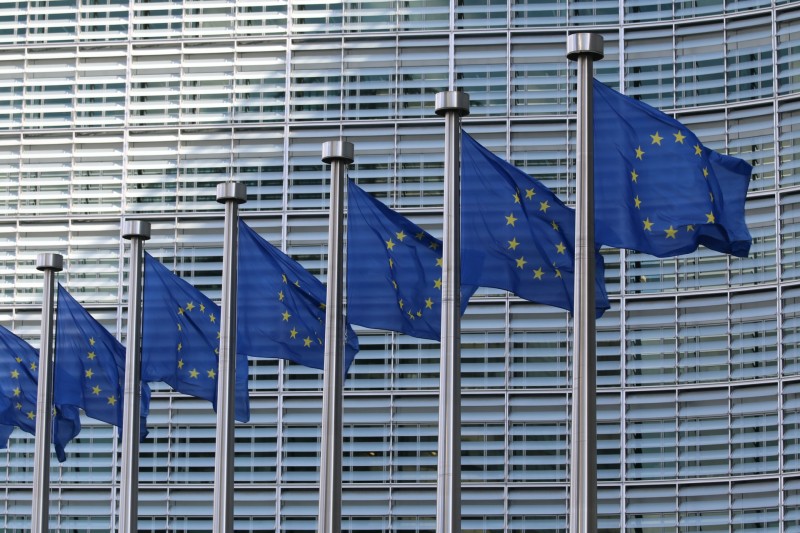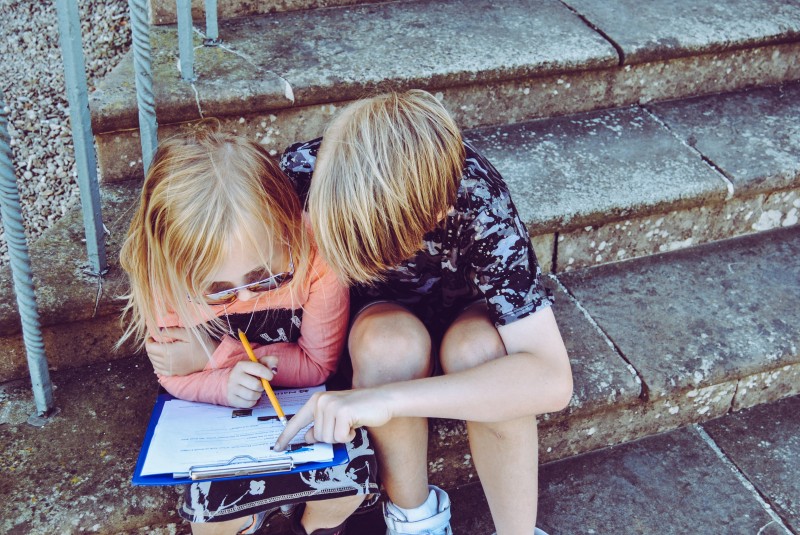Vaccine Hesitancy: Why is it increasing?
Covid-19 is changing the way we live. But people are still refusing the only solution possible. Dr Igor Iarrobino explains why.

Since the beginning of March 2020, most citizens around the World are staying indoors to fight a pandemic nobody expected.
Covid-19 killed around 2 million people and nowadays pharmaceuticals developed new vaccines that could end this dreadful situation. Thanks to the European Medicines Agency, Pfizer-Biotech, Moderna and AstraZeneca vaccines are now available to prevent patients from dying.
Vaccines have always been the most efficient solution to any disease human beings encountered in History. From the discovery of immunization against smallpox in 15th century China, to the optimization of a Tuberculosis vaccine in the 20th century, vaccines “prevent 2-3 million deaths every year from diseases like diphtheria, tetanus, pertussis, influenza and measles,” the WHO states.
However, this didn’t discourage EU residents and citizens into avoiding essential vaccine jabs throughout 2015 and 2018; according to the European Commission vaccine hesitancy had a growth in most of the 27 EU state members.
A survey by the Vaccines Confidence Project also showed that the European countries with the highest rate of vaccine hesitancy are France, Greece, Slovenia and Italy [1].
According to Igor Iarrobino, 33, psychologist and Biomedical Sciences PhD candidate at Universite’ Catholique de Louvain, “anything unpredictable or uncertain increases people’s perception of risk,” and also “living with high stress for a long period of time, it does not put people in a proper mindset to carefully weigh costs and benefits of different actions and decisions,”.
People in an extended hyper-state of vigilance struggle to distinguish lower threats from higher threats. An extended state of anxiety pushes people to avoid risks (Grupe and Nitschke, 2013 [2]).
“Fake news could also influence our emotions even more than real news stories, as such stories are designed specifically to influence emotions,” says the expert.
Misinformation spreads faster when articles are about conspiracy theories. For this reason, the European Commission told Google, Twitter and Facebook to extend the fake news watch, especially because 85% of EU citizens perceive that fake news and disinformation are some of the biggest problems in their country (Eurobarometer [3]).
“Pharmaceutical companies, for instance, are already feeling the effects of public distrust of their practices as they struggle to recruit participants for their clinical trials. Patients don’t fully understand their benefits, and instead, focus on their risks. Therefore, a significant proportion of clinical trials fail,” says the psychologist.
Distrust also occurs when local GPs are the ones who have lower confidence in vaccines, and this influences the general public, as expressed by a 2018 European Commission study [4].
“There is no simple solution to this problem; but rather, this issue is something that all life science companies need to be aware of and think of succeeding in a patient-centric marketplace. So, companies need to work harder to gain patients’ trust. Emotion regulation and resilience development in people may play an important role in this process,” says the Iarrobino.
Though, what is certain is that vaccines can only build a natural defence, an immune response to win this battle. Moreover, it is proved that the odds of having allergic reactions are 1 in 760,000. Fever or swelling in the shot site are side effects induced by the immune system finally responding to infection and working.
Fear instead “kicks the body into high gear, so it becomes tense and alert. It is responsible for sensations like increased heart rate and blood pressure, dilated pupils, blocked digestion, loss of focus on small tasks” says Igor Iarrobino.
If you have any doubts on vaccines and their components, Covid-19 or you’d like to know more about this topic visit https://www.ema.europa.eu/en or https://www.who.int or consult a Medical practitioner.
By Francesca Mazzola
Sources:
[1] The State of Vaccine Confidence 2016: Global Insights Through a 67-Country Survey, https://doi.org/10.1016/j.ebiom.2016.08.042
[2] Uncertainty and Anticipation in Anxiety, Grupe and Nitschke, 2013 https://dx.doi.org/10.1038/nrn3524
[4] https://www.vaccineconfidence.org/research-feed/the-state-of-vaccine-confidence-in-the-eu-2018
Image credits: person holding white and black labeled bottle photo by Hakan Nural on Unsplash



